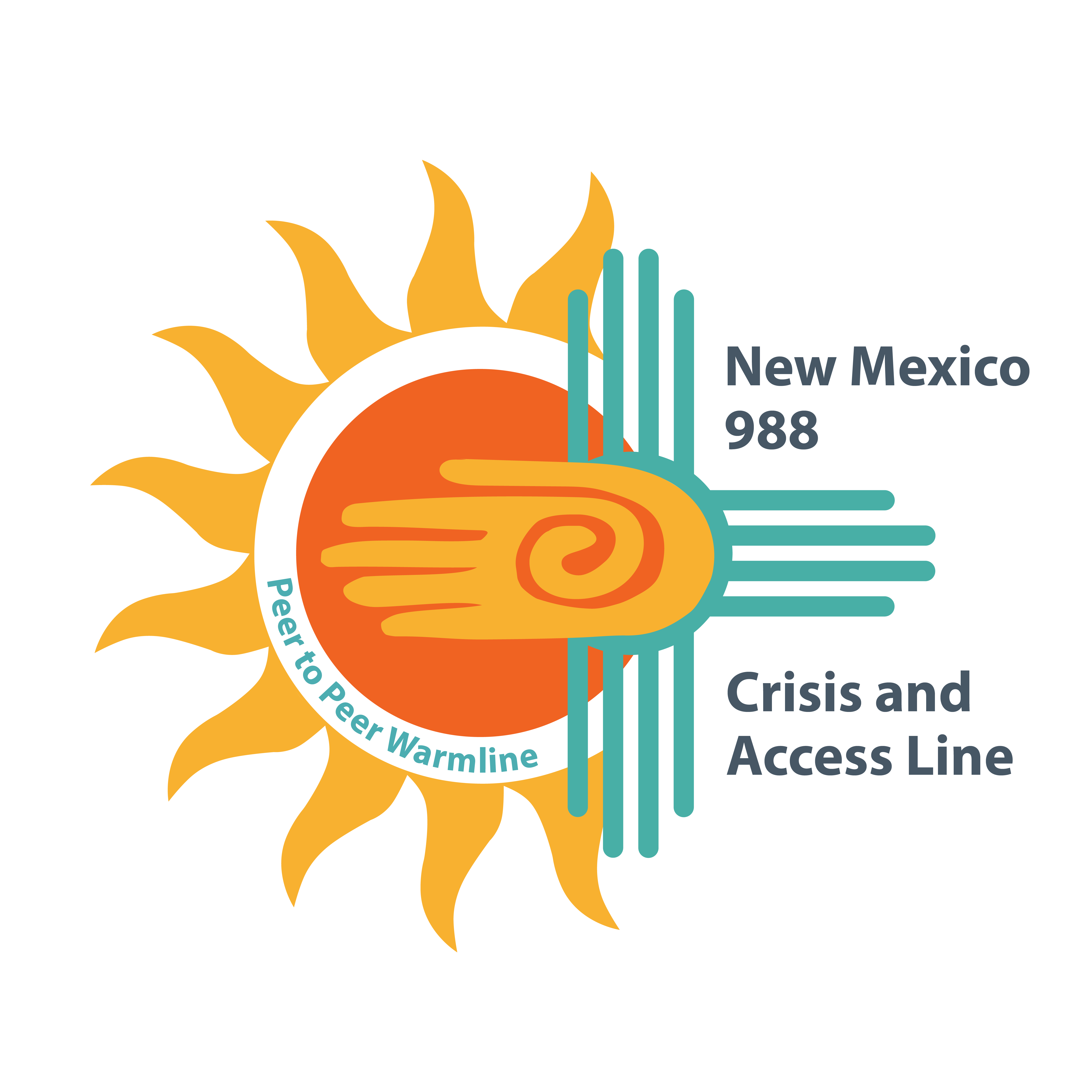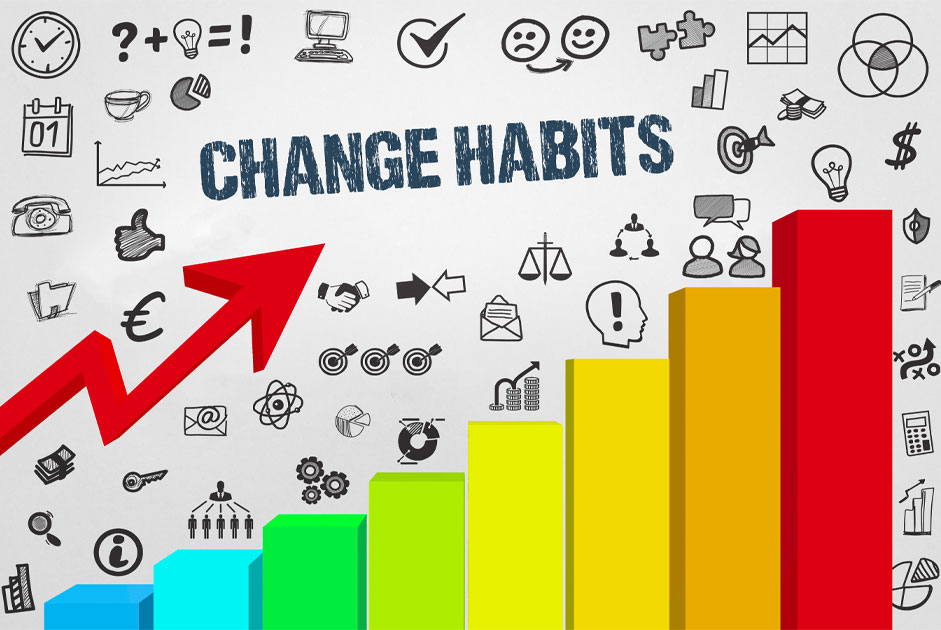Gaslighting is a form of emotional abuse that involves a person undermining another person’s reality by denying facts, the environment around them, or their feelings. People that are experiencing gaslighting begin to question their cognition, their emotions, their beliefs, their perceptions of reality, and who they fundamentally are as people. Over time, this type of manipulation can wear down a persons self-esteem and self-confidence, leaving that person dependent on the person that is gaslighting them.
It is important to understand that gaslighting isn’t the same as someone lying to you, expressing a different opinion, or saying you’re wrong about something. It’s more nuanced, which can make it harder to recognize. Click here to learn more on what gaslighting is, how to spot it, and how to stop it.
Gaslighting happens in relationships where there is an unequal power dynamic, and in a number of settings: amongst family members, in romantic relationships, within friendships, at work, when seeking medical care, and in the media. Read here to understand the 5 Ways Gaslighting Attacks Your Sense of Self
In interpersonal relationships gaslighting often develops or builds on an existing power dynamic. While it’s most common in romantic settings, gaslighting can happen in any kind of relationship where one person is so important to the other that they don’t want to take the chance of upsetting or losing them, such as a boss, friend, sibling, or parent.
If you think you may be experiencing gaslighting, click here to learn how to get help.










